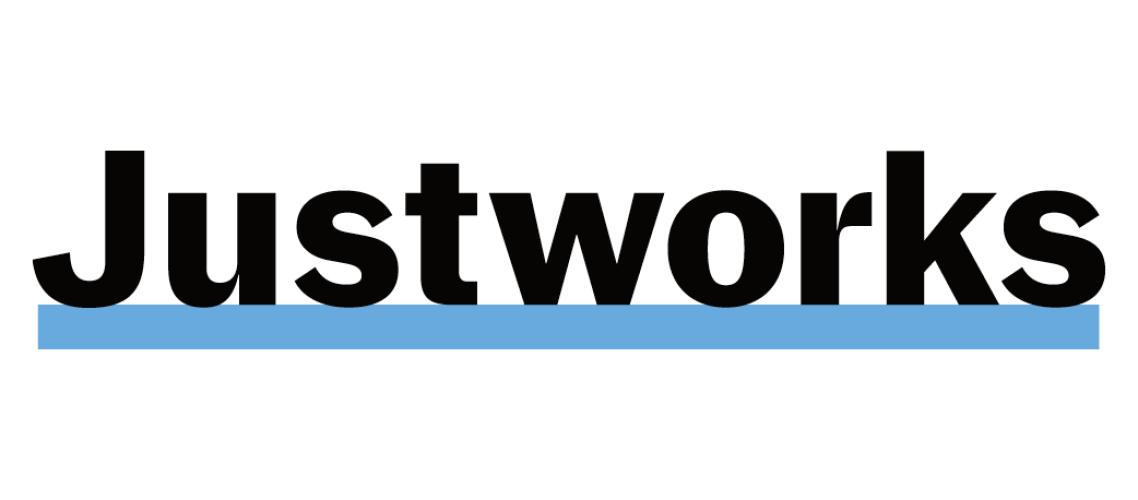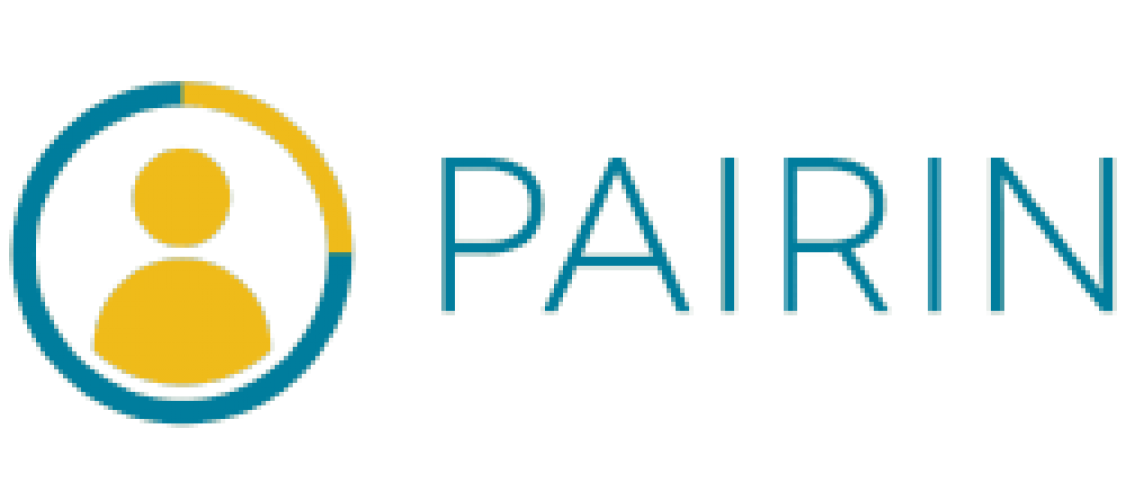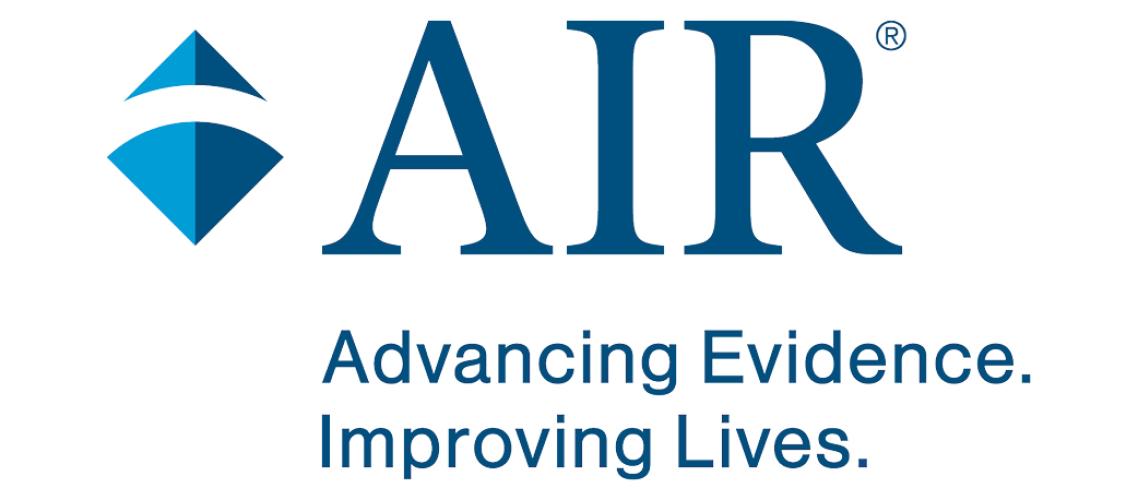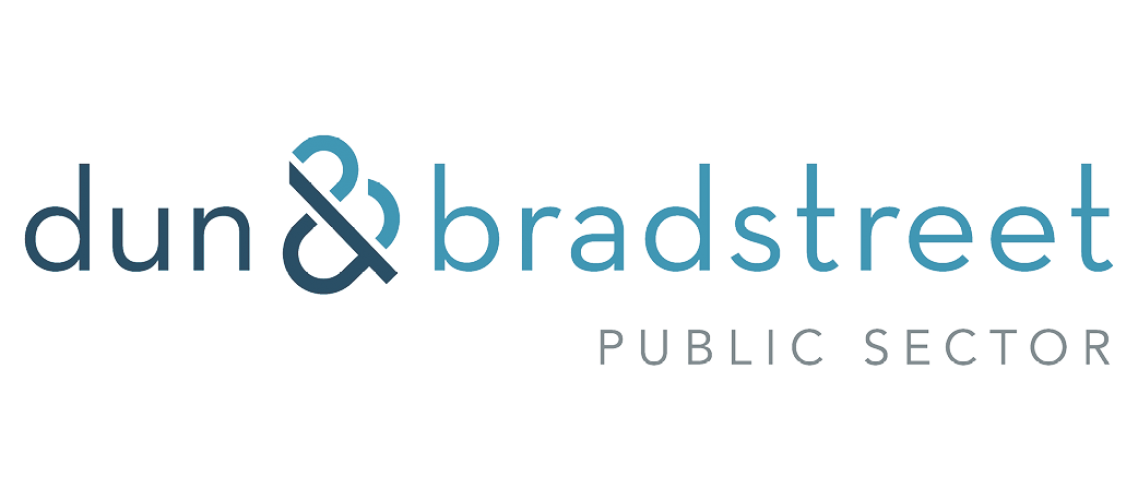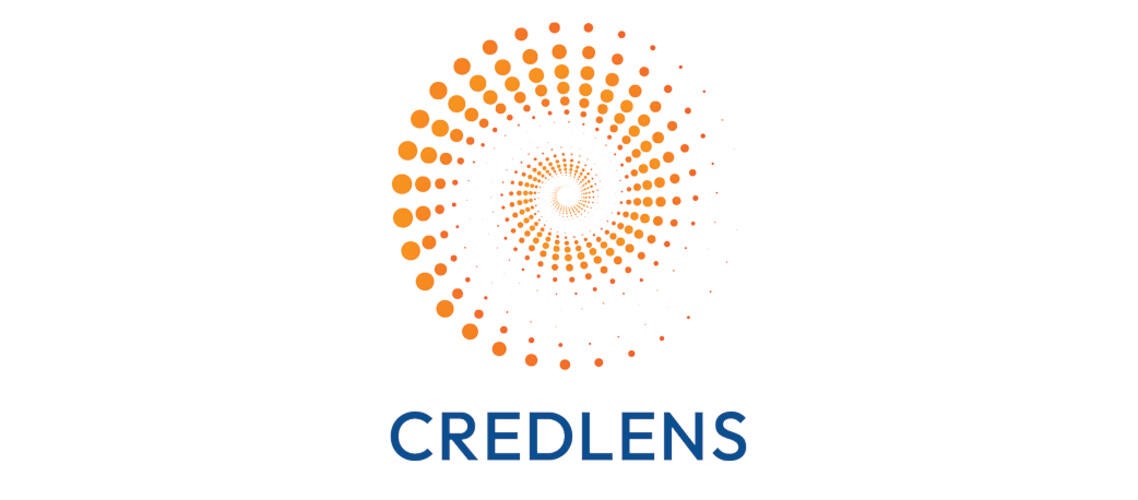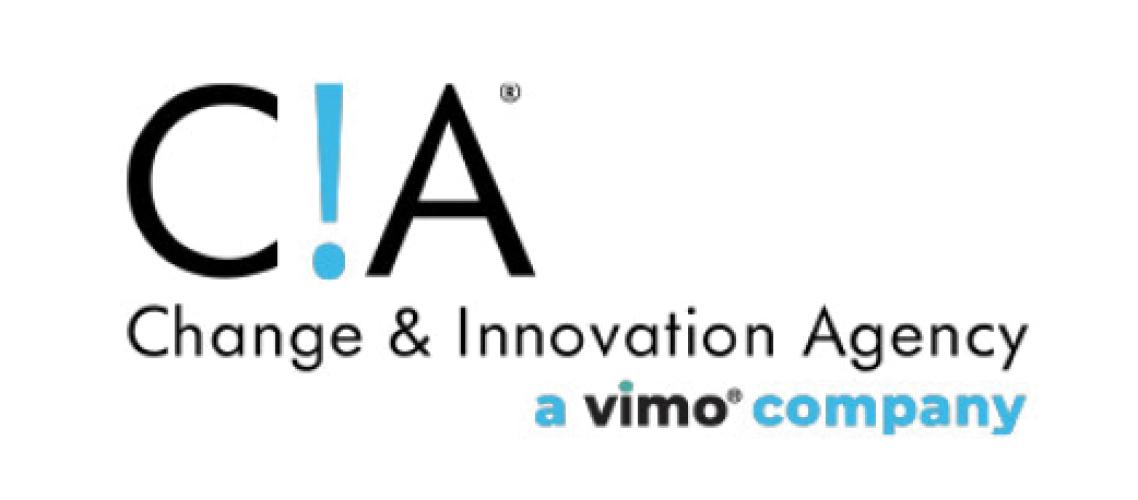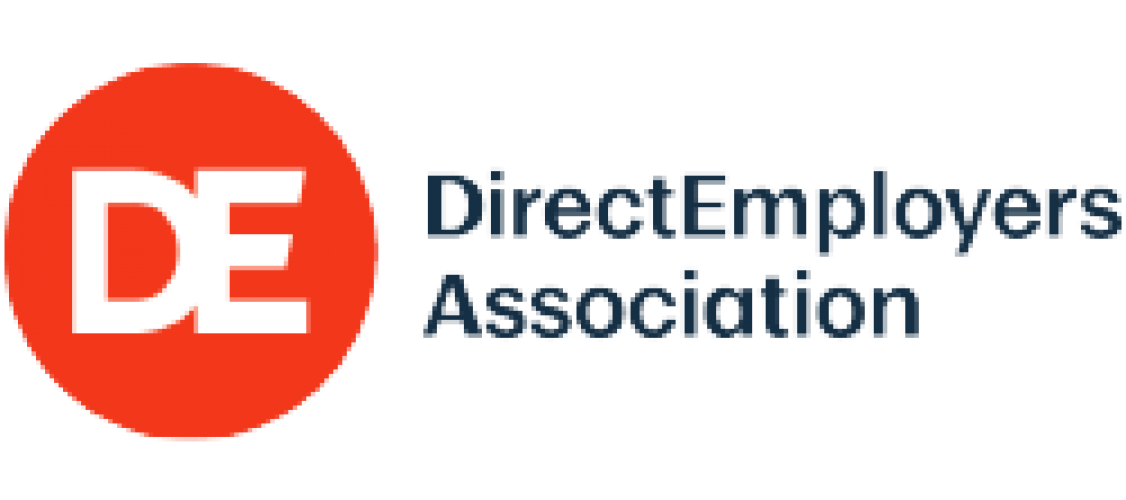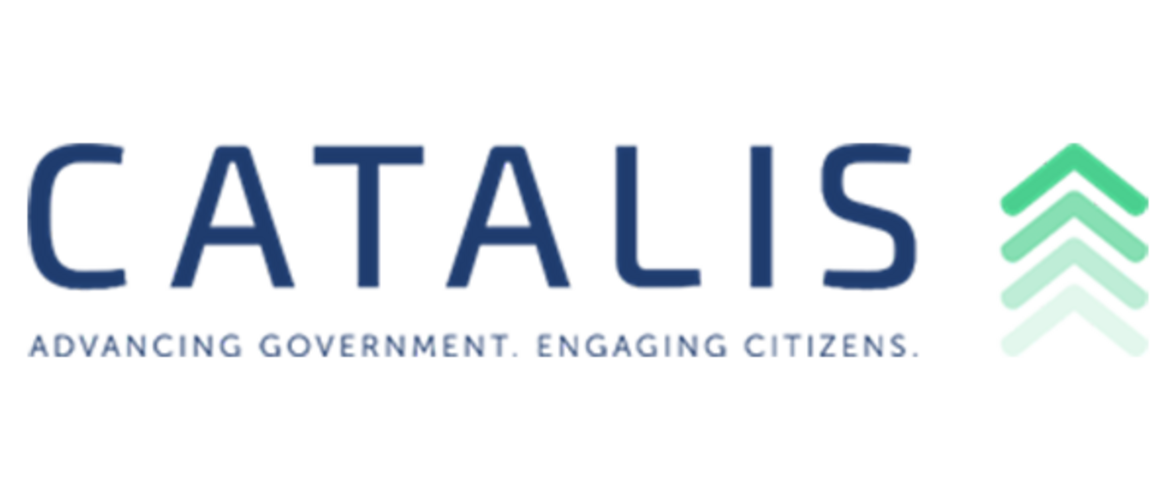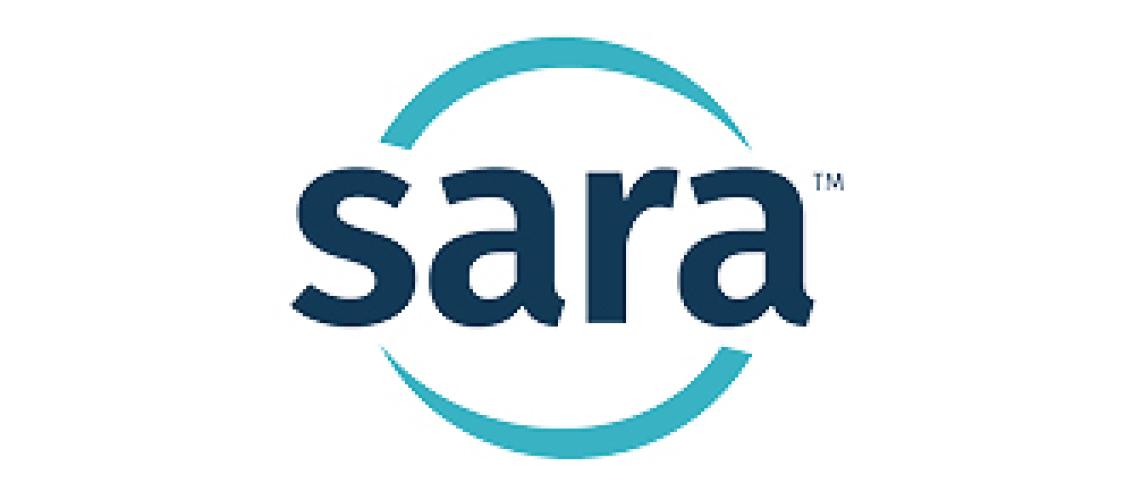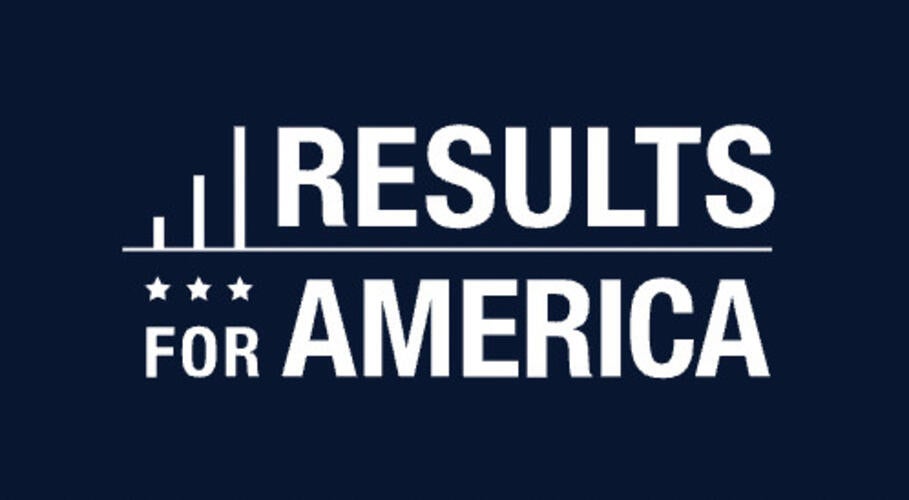The BI Beat - July 2024
Welcome to the BI Beat, a section dedicated to Behavioral Insights in NASWA's monthly newsletter. Here, states can stay informed about the latest developments in the field and learn more about what's happening in the world of Behavioral Insights!
The Benefit of the Doubt
Imagine this scenario: You’re in Zoom waiting for someone to show up to a scheduled meeting. They're already 10 minutes late and haven’t reached out to let you know they’ll be there soon. “How unprofessional!” you think. “This person is clearly unorganized and disrespectful of my time!”
Now think again – have YOU ever been late to a meeting? If you have, it was probably because your previous meeting ran over, you received an urgent email that needed immediate attention or you lost track of time while working on something else.
This tendency is known as the fundamental attribution error – our habit of overemphasizing personality-based reasons for others' behavior while overlooking the situational factors we readily apply to our own actions. This cognitive bias often leads us to misjudge others, as illustrated in this powerful 4-minute film.
Even though individual factors are part of how people behave, social, environmental and design factors influence behavior as well.
In a labor policy context, it's important to recognize that inconsistent or nonexistent program participation, such as missed RESEA appointments or delayed responses, may often be influenced by situational factors, such as heightened stress levels and systemic issues, rather than personal shortcomings. Recognizing these factors allows us to better support our customers, leading to improved program outcomes, higher customer satisfaction, more effective policies, strengthened client trust and more motivated staff. Understanding the fundamental attribution error can lead to more empathetic and effective interactions with claimants. For example, a workforce agency might:
- Design behaviorally-informed scripts that encourage call center staff to deliver empathetic and effective responses to claimants.
- Develop desk aids for American Job Center staff to deescalate conflicts with claimants.
- Implement regular training sessions to help staff recognize and mitigate cognitive biases.
So, when you find yourself judging someone else's behavior, remember that there are many underlying factors of which you might be unaware. This can lead to more empathetic and effective responses, fostering better relationships and outcomes.
NASWA BI has developed resources to help state workforce agencies and their customers. This simplified Welcome Packet for Claimants and the messaging for a Reemployment In-Person Workshop acknowledge that non-compliance can stem from situational barriers, such as difficulty navigating complex documents. These resources aim to address and mitigate these barriers, ensuring a more supportive and understanding approach to customer interactions.
You can find more examples like these and resources to implement strategies in your agencies in NASWA’s Behavioral Insights Toolkit.
Findings from the Field
Behavioral Insights is a dynamic and evolving field that can be used by governments to develop sustainable public policy solutions. As the field of Behavioral Insights progresses, new academic literature emerges, revealing insights that can greatly benefit state agencies. Here is a recent study that offers findings relevant to NASWA members:
Physical and Mental Health Conditions Can Influence Benefit Access.
Researchers from the U.S. and Denmark conducted a survey experiment to determine if and how physical and mental health conditions influence uptake and access to government services and the completion of required actions. The first survey took place in Denmark as 1,553 participants were asked about their experience with reporting taxes. The second was set in Oklahoma, with 2,005 former and current college students who applied for state financial aid. In both surveys, a portion of participants were selected because they had a physical or mental illness, including chronic pain, depression, anxiety and/or attention disorders. By focusing on different types of public benefits in two disparate locations, the research team was able to externally validate their findings.
Across the two surveys, both mental and physical illnesses were highly correlated with administrative burdens. In Denmark, pain, anxiety and attention disorders (ADHD/ADD) were linked to administrative burdens in tax reporting; and in Oklahoma, pain, depression, anxiety and attention disorders were associated with administrative burdens in financial aid filing. The Oklahoma results also showed that all four health conditions were associated with predictive loss of access to financial aid, due to the barriers participants experienced. For example, the study found that 15 percent of claimants with ADHD/ADD or a pain disorder were predicted to lose access to the state’s financial aid program due to continued administrative burdens. Similarly, around 12 percent with depression or anxiety were likely to lose access to financial aid.
These findings serve as a reminder of why designing equitable services and reducing friction are so important for improving the overall customer experience. For more information on how to improve equitable access to State Workforce Agency Programs, members can refer to the articles below along with others found within NASWA’s Knowledge Exchange Library:
- Designing user interfaces for content simplification aimed at people with cognitive impairments
- Accessible design for cognitive consideration
Partner With NASWA BI
Reach out to us at integrity@naswa.org.
